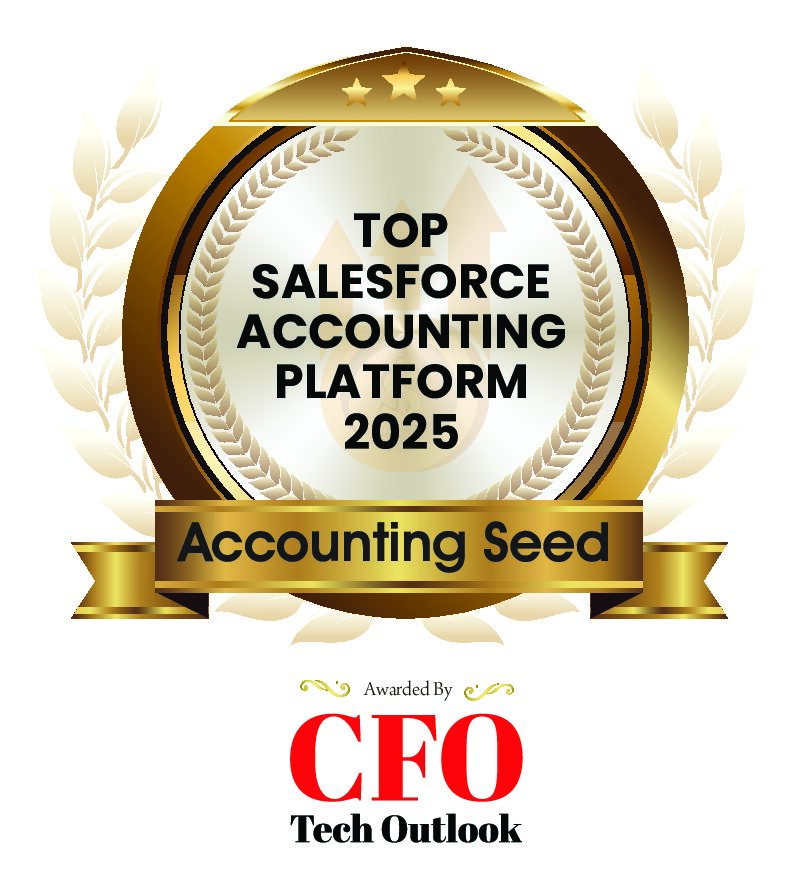
CRMs like Salesforce are designed with the core focus of finding the best way to optimize the customer’s experience in order to achieve better sales. To do this, CRMs are optimized to address business’ needs through flexibility and customization. As companies continue moving towards a customer-centric approach, more and more businesses are adopting this technology to achieve higher sales. This has made CRM the largest selling management system in the software market. We’ve talked about how CRMs can be tailored to your individual requirements, but what other advantages does the platform provide businesses? What gives CRM an Edge Over ERP?

Customers First
If you’re looking to optimize your sales potential, CRMs are simply way more equipped than ERP to do so. One of the easiest ways to distinguish CRM and ERP is to look at how they function. In their basic forms, these two platforms handle two distinct areas of business. CRMs focus on the customer, providing a way to manage business relationships by securing a smooth sales process. ERPs traditionally handle internal operations. This includes any process that allows the organization to function. While both areas are critical, driving sales and securing continued business is what propels the business forward and builds revenue. Without this, the business can’t go on. CRMs give companies an edge because they help teams secure and keep customers more effectively.
In the digital age, customers are becoming more educated about their needs and the options available to them. The answer to securing more sales and beating out the competition is no secret. Companies must be able to develop and maintain strong customer relationships and experiences. This is precisely what CRMs are designed to do and it’s only revving up. In fact, CRMs have been known to improve customer retention levels by up to 27%. 2019 is proving to be an innovative year for the platform as developers are making CRMs even easier to use, helping expedite key operations like customer support. But this doesn’t eliminate the role of the ERP.
Best of Both Worlds: ERP on CRM
One essential benefit of the CRM is that it doesn’t just have to be a CRM. With a platform like Salesforce, you can build a comprehensive system of all the essential business tools you need to manage both customer relations and your back-office operations like accounting. This basically means you can create your own ERP system within a CRM. Salesforce isn’t just a single-purpose system – there are over 3,000 applications and ERPs you can use that are native to the platform. These natives apps range from industry-focused ERPs such as AscentERP to accounting software like Accounting Seed.
Instead of thinking in terms of ERP vs CRM, Salesforce lets you have both! The inherent flexibility of the CRM, and Salesforce itself, enables users to use the software benefits of both features without sacrificing key software functionality. Flexibility is another defining feature of the CRM and a critical component of modern software needs.
IT Flexibility
From its early development, CRM was designed to give users an enhanced level of flexibility to help businesses manage the sales process around their unique requirements. ERPs are typically not as flexible as CRMs because they rely on providing a set structure of operations and software functionality. Structure is an important thing, it makes things easier to control, but if the software design can’t be adapted to meet essential business requirements, that becomes a major issue.
Besides wasting time with additional manual work, you may find that essential business processes become disjointed simply because your software cannot respond the way you need it to. One way to avoid this is by investing in a robust, feature-rich software that is highly flexible. CRMs are highly adaptable. They allow customers to dictate software functions and align system processes because of their customization and configuration capabilities. Salesforce is known for being the most flexible management system on the market, not only for its core CRM functionality but for its cross-functional, native apps as well, which are designed to be adaptive to individual business requirements. How much easier will your business run when the software functions how you need it to?
A More Streamlined Management Process
There’s no denying that a streamlined management process is critical to business success. Team members’ lives become easier, operations become more efficient, and the customers’ experience is enhanced. Traditionally, CRM and ERP were kept as two separate platforms; they still are in most cases. However, the flexibility of CRM platforms, particularly Salesforce, condenses the software associated with both systems to a single platform. Besides having all these tools in one place, they can actually function together in a single, streamlined system.
What does this all mean? For one thing, this eliminates a lot of redundant processes. Salesforce CRM users can create a contact, manage the sales process, track and initiate related operations such as shipping, and also manage the accounting for the entire lifecycle, at once. All of which can be generated from one app and have the same information shared with the other apps on the platform needed to manage the account. Instead of juggling multiple apps in their separate databases, CRMs allow you to connect all your apps into a single system, allowing them to communicate with one another. This eliminates duplicate and erroneous dataflow, creating a data stream of consistent information throughout all the apps on the CRM.
Extra steps needed to manage essential tasks also go away. Because all the customer information is clearly shared between key apps, you no longer have to-reenter the same data. A single action done on the account updates the information for other software connected to the account. On Salesforce, individual applications can handle multiple operations with just the click of a button. For example, in Accounting Seed you can manage an opportunity created on Salesforce, verify payments, create a sales order, and more in one interface.
Embrace The Future With CRM
CRMS have evolved to offer more flexibility than the ERP, while also being able to retain key ERP features and associated software. In addition to managing your sales, operations, and accounting on a single platform, CRMs like Salesforce are revolutionizing how you can gain and retain customers. This blend of flexibility and software options ensures that the CRM will grow and adapt to all of your essential business needs. If you’re looking for a solution to benefit and unify your entire organization, Salesforce stands ready as a trusted solution to empower your business and help you achieve all your goals.
See Accounting Seed in action
Get a close-up view of how accounting on Salesforce can eliminate the need for costly integrations—and silos of mismatched information—by sharing the same database as your CRM.



